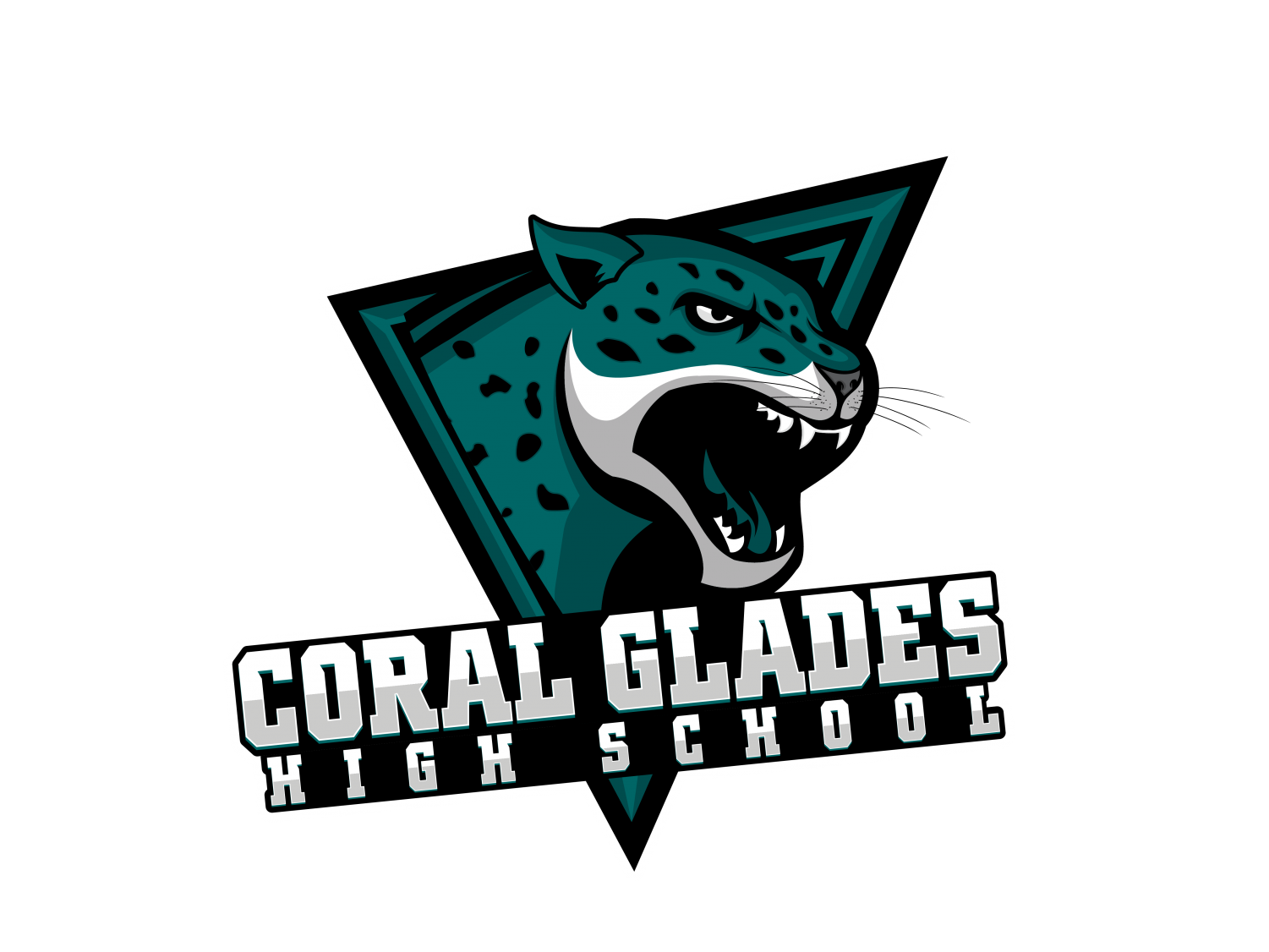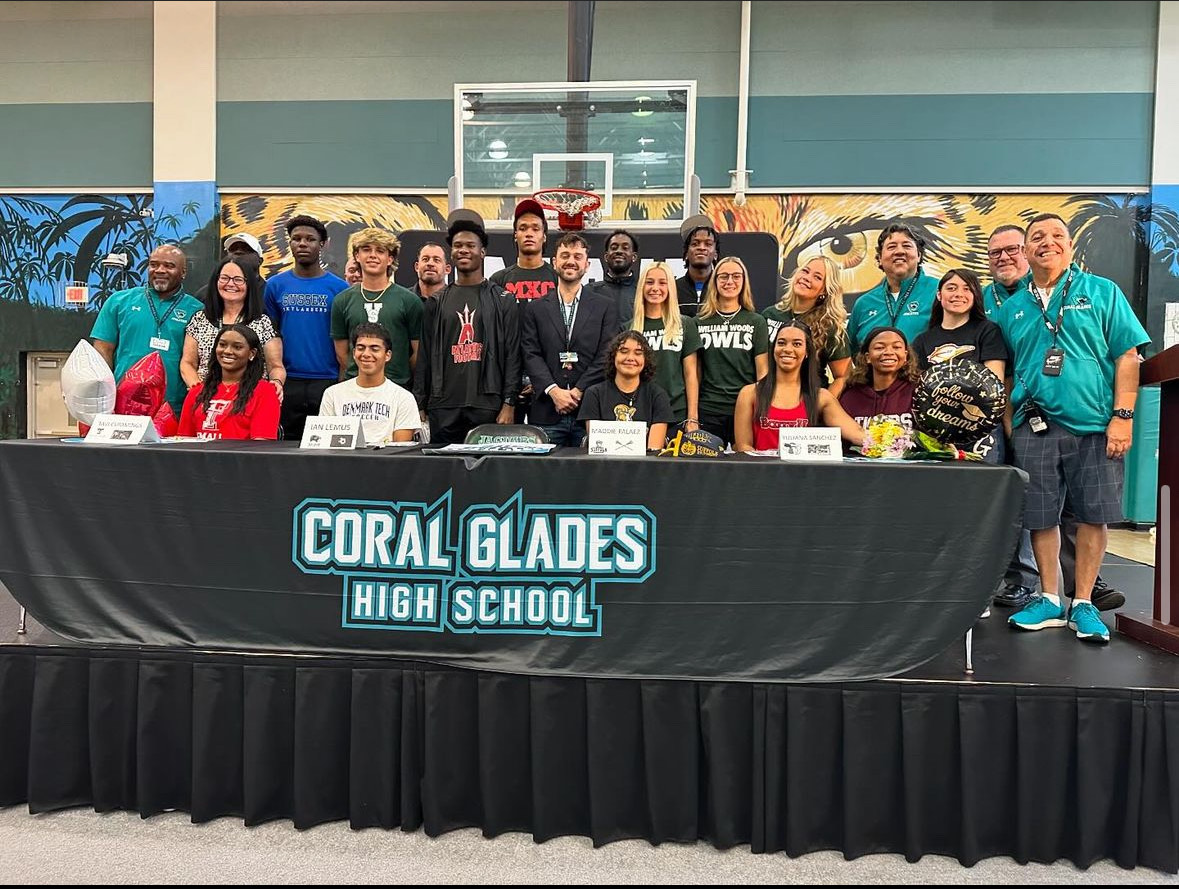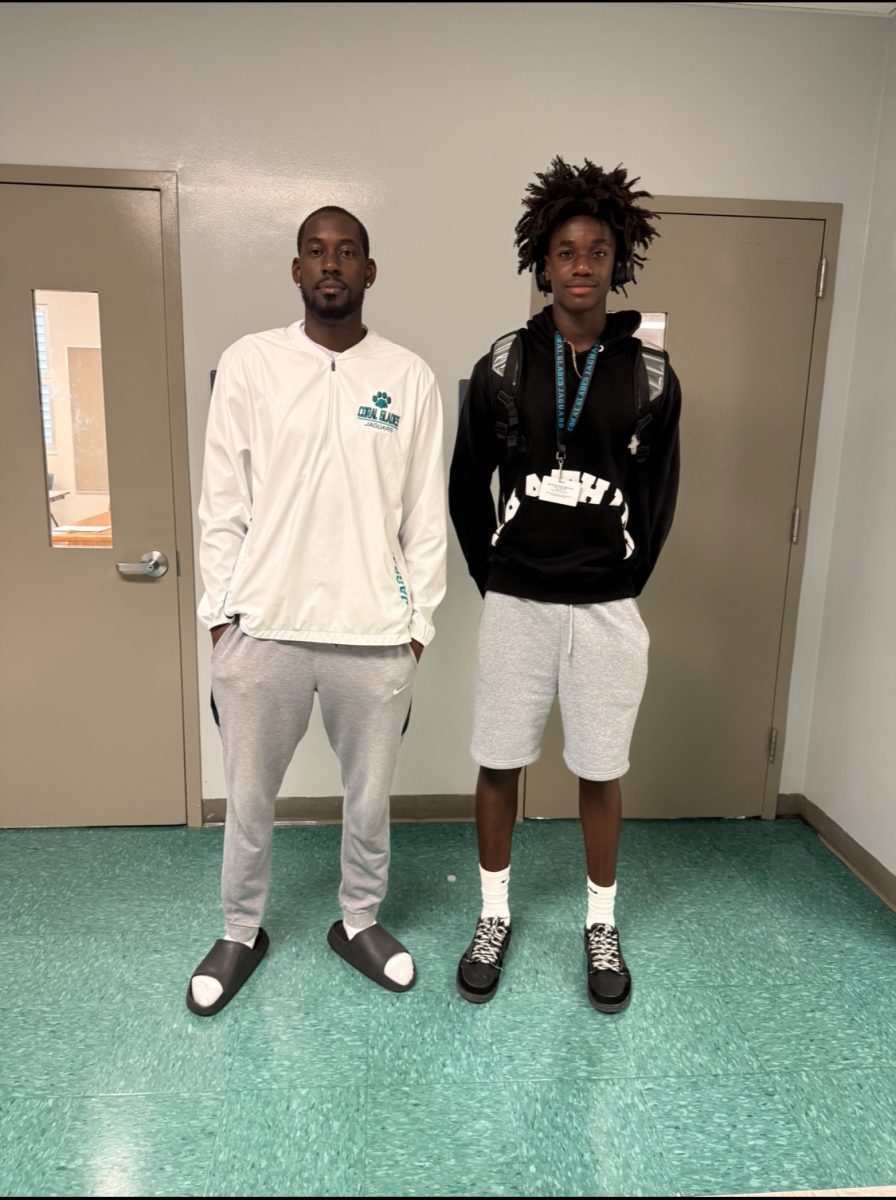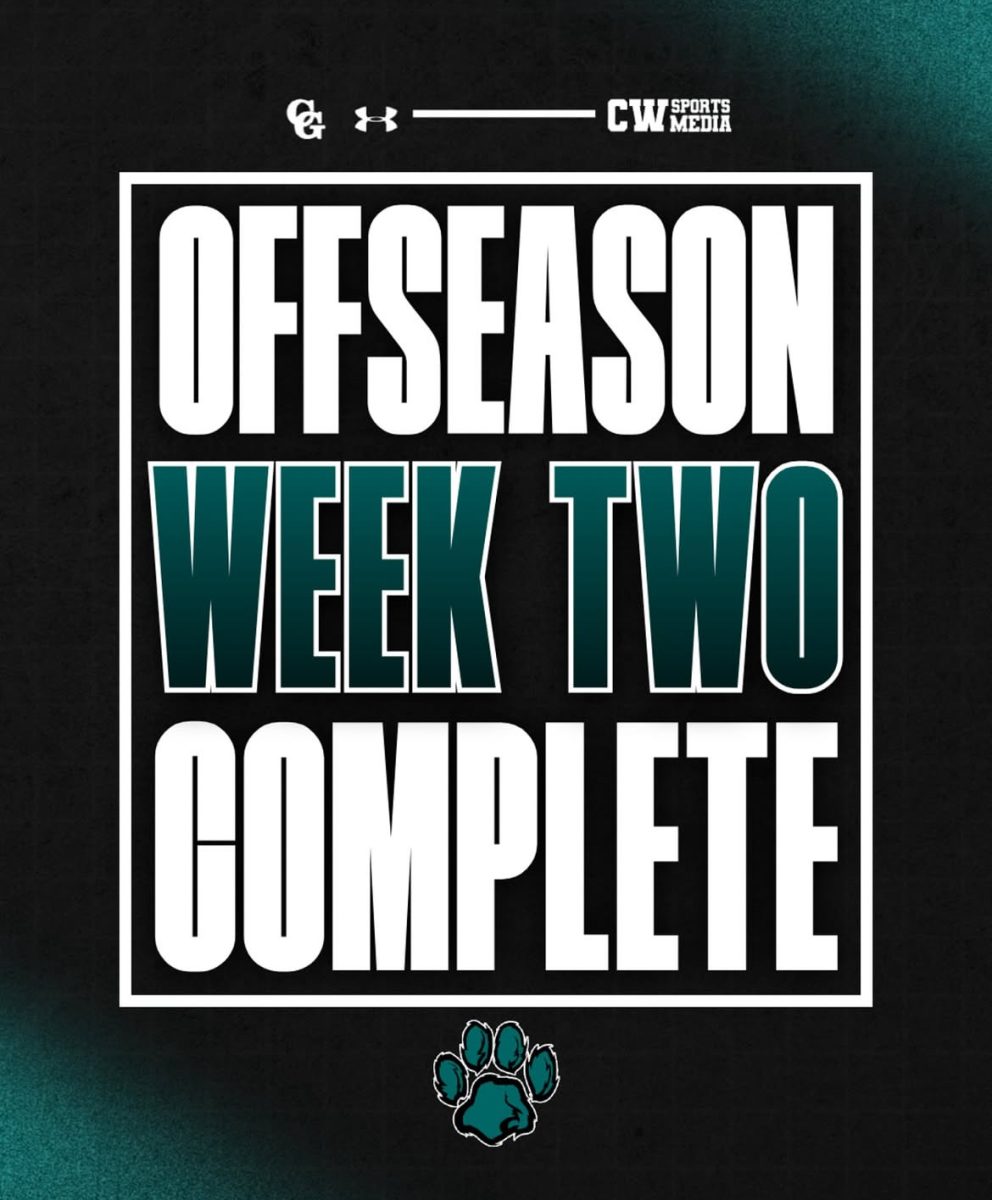Seniors signing with colleges for athletic scholarships is a big moment in their lives, showing years of hard work and dedication to their sport. These scholarships recognize their talents and provide important opportunities for higher education, often covering tuition, room, board, and other expenses. For many student-athletes, it’s a chance to attend prestigious universities that they might not afford otherwise.
The process starts with college scouts watching these athletes during games, tournaments, and showcases. Impressed by their skills, these scouts inform their colleges, which then reach out to the athletes with offers. These offers can be very competitive, with colleges wanting the best players to strengthen their teams. The scholarships can range from partial to full-ride offers, based on the athlete’s performance and the team’s needs.
Choosing a scholarship is a high-pressure decision. Athletes must think about not just the financial benefits, but also the academic programs, campus life, and personal and professional growth opportunities at each school. Taking too long to decide can mean losing out on offers because colleges have a limited number of scholarships and can’t wait forever for an answer. This means athletes need to be well-informed and quick in making their decisions, often getting advice from coaches, family, and mentors.
Missing out on a good scholarship offer can have serious consequences. A student-athlete might end up with a less attractive deal or, worse, miss out on an athletic scholarship entirely. This can affect their future career options both in sports and other fields. So, the decision-making process is very important and can be very stressful for young athletes.
Senior, Jack Kollwitz said, “I almost lost my best offer because of me constantly reviewing my options. When I ended up signing with them, they told me ‘We almost took back our offer because we thought you wouldn’t turn up’, Hands down one of my luckiest moments.”
Despite these challenges, getting an athletic scholarship is a great achievement that opens up new opportunities. It requires balancing athletic goals with academic aims and personal well-being, shaping the future of these young athletes. Senior, Ian Lemus says, “Honestly, deciding was probably the hardest part of the whole signing stuff, but once I figured out my best option I knew immediately to sign.”








